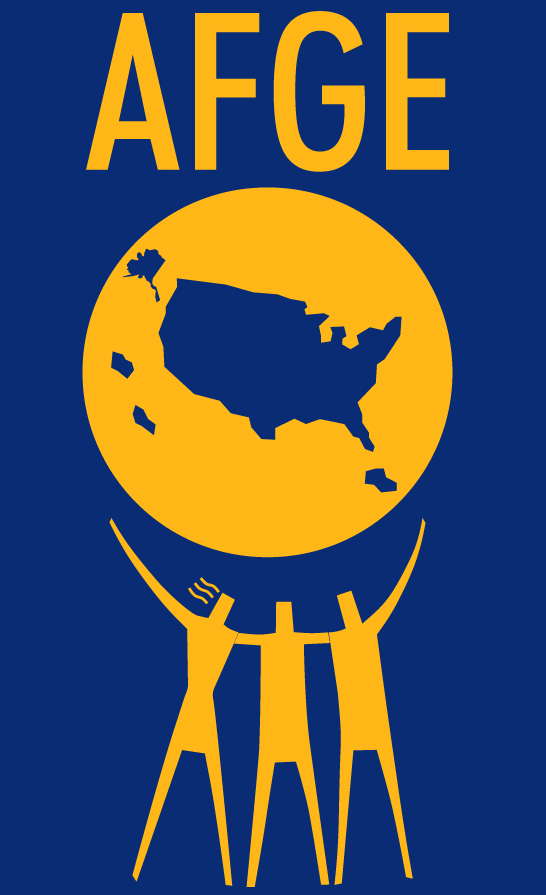

P
PARTICULARIZED NEED
In 50 FLRA No. 86 and 51 FLRA No. 26, the Authority adopted a new analytical approach in dealing with union requests for information under 5 USC 7114(b)(4). Under this approach, the union must establish a "particularized need" for the information and the agency must assert any countervailing interests. The Authority then balances the one against the other to determine whether a refusal to provide information is an unfair labor practice.
PAST PRACTICE (ESTABLISHED PRACTICE). Existing practices sanctioned by use and
acceptance that are not specifically included in the collective bargaining agreement. Arbitrators use evidence of past practices to interpret ambiguous contract language. In addition, past practices can be enforced under the negotiated grievance procedure because they are considered part of the agreement.
PERMISSIVE SUBJECTS OF BARGAINING
There are, as the Authority noted in 44 FLRA No. 4, at least three types of proposals dealing with so-called "permissive subjects of bargaining": proposals dealing with (1) matters covered by 5 USC 7106(b)(1) - i.e., with staffing patterns, technology, and methods and means of performing the agency's work, (2) matters that are not conditions of employment of bargaining unit employees (e.g., procedures for filling supervisory positions; employee recreational access to agency launch), and (3) other (such as permitted waivers of statutory rights. Regardless of type, once agreement is reached on a permissive subject of bargaining, that agreement cannot be disapproved by the agency head during a 5 USC 7114(c) review of the agreement, and is enforceable under the negotiated grievance procedure.
PERMISSIVE SUBJECTS OF BARGAINING
There are, as the Authority noted in 44 FLRA No. 4, at least three types of proposals dealing with so-called "permissive subjects of bargaining": proposals dealing with (1) matters covered by 5 USC 7106(b)(1) - i.e., with staffing patterns, technology, and methods and means of performing the agency's work, (2) matters that are not conditions of employment of bargaining unit employees (e.g., procedures for filling supervisory positions; employee recreational access to agency launch), and (3) other (such as permitted waivers of statutory rights. Regardless of type, once agreement is reached on a permissive subject of bargaining, that agreement cannot be disapproved by the agency head during a 5 USC 7114(c) review of the agreement, and is enforceable under the negotiated grievance procedure.
PRECEDENT
A precedent is a decision that is later used as a guideline for making a decision on a case that has similar circumstances. Precedents may be used to interpret and apply the collective bargaining agreement or work rules.
